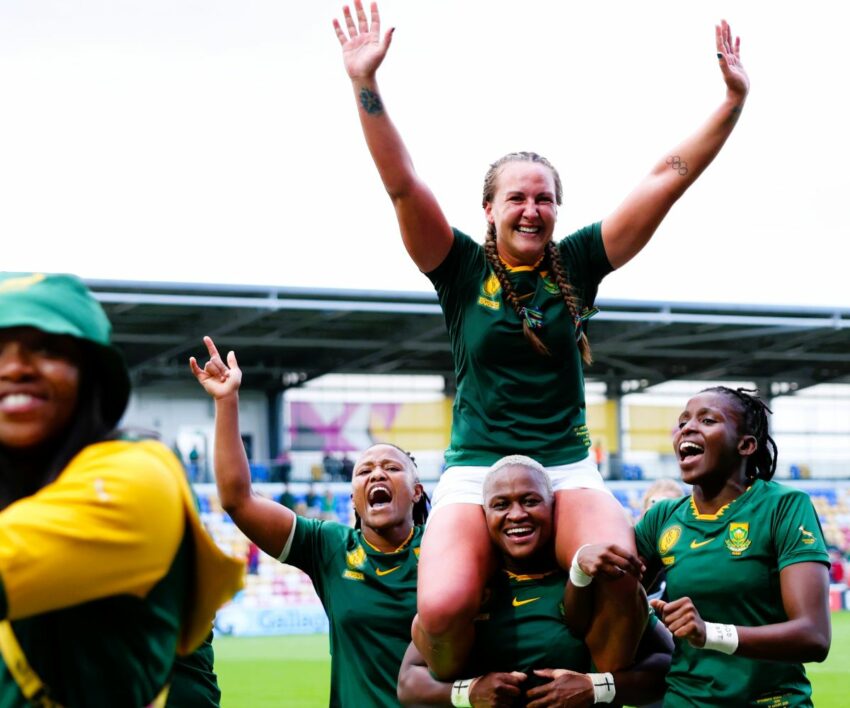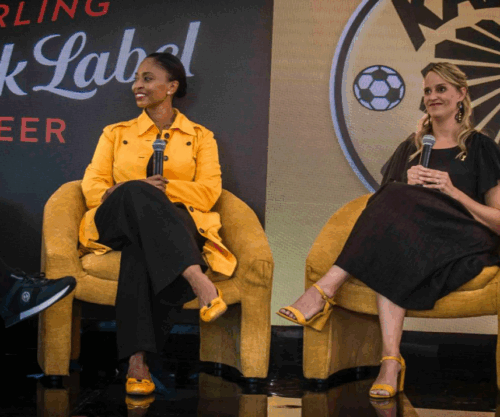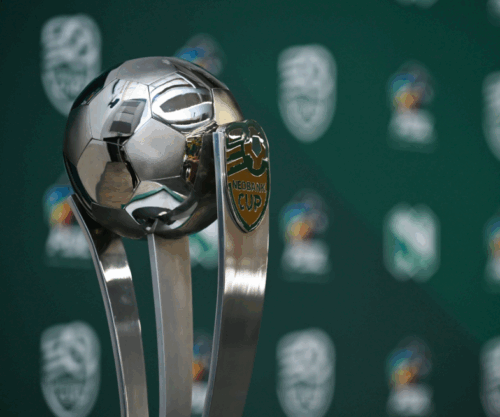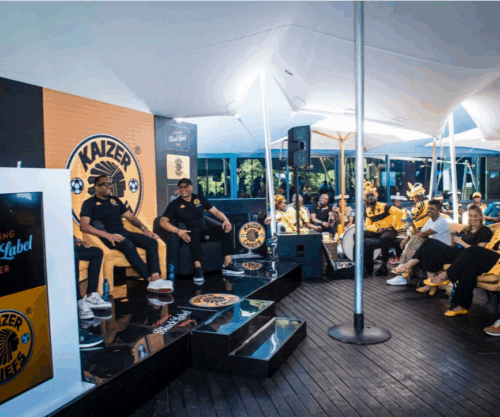
A Watershed Moment For South Africa
When South Africa stunned Italy 29–24 to reach the Rugby World Cup quarterfinals, it wasn’t just a victory on the scoreboard. For captain Babalwa Latsha and her teammates, it felt like a new chapter in the country’s rugby story.
“It feels like a watershed moment,” Latsha reflected. “We’ve sacrificed so much, cried many tears, and worked for years to get here. It’s like a lighthouse shining a new path for South African women’s rugby.”
Just eight years ago, the Springbok women were denied a place at the 2017 World Cup by their own union, their results deemed unworthy of participation. Fast forward to 2025, and the same country that produced back-to-back men’s world champions is finally seeing its women step into the global spotlight.
The contrast is striking. While Siya Kolisi and the Springboks carried the Webb Ellis Cup in 2019 and 2023, the women had to fight simply to compete. That fight, however, is starting to pay off.
Life Beyond The World Cup
For South Africa’s players, the tournament is a pinnacle, but once it ends, most will return to ordinary jobs. Some juggle rugby with careers as nurses, teachers, or administrators. Their stories resonate with fans who understand sacrifice, resilience, and the struggle for recognition in a system that still heavily favours men’s rugby.
It is this human connection that makes the women’s game so powerful. They aren’t just athletes — they are mothers, workers, and daughters carving out space in a sport that has often left them behind.
Samoa’s Spirit Wins Hearts
South Africa isn’t alone in its uphill climb. Few teams embodied the raw beauty and harsh reality of this World Cup like Samoa. Their players took unpaid leave, crowdfunded their travel, and left families behind to wear the blue jersey.
Captain Sui Pauaraisa spent her evenings FaceTiming her children back in New Zealand after gruelling training sessions and test matches. One of her teammates, centre Fa’asua Makisi, admitted she almost didn’t come, worried about her mortgage and family responsibilities, until her mother insisted she follow her dream.
Though Samoa fell heavily to England, their passion and cultural pride lit up the tournament. Social media buzzed with clips of Samoan and English players dancing together after their match, proof that rugby is still about joy and community, even when the scoreboard is lopsided.
Canada’s Crowdfunded Campaign
Even some of the world’s strongest sides faced financial strain. Canada, considered among the favourites, had to launch “Mission: Win the Rugby World Cup 2025” to raise nearly R10 million in funding. Imagine the Springbok men needing a crowdfunding page before a World Cup — it highlights just how far the women’s game still has to go.
A Patchwork Of Support
The tournament has showcased glaring inequalities. England’s players are on full-time contracts and earn match fees of around £1,500. Wales, Ireland, and Scotland have contracted squads, while New Zealand and Australia offer structured salaries and bonuses.
By contrast, nations like Samoa and Brazil rely on allowances or out-of-pocket funding. Many players will head home from England not to professional contracts, but to jobs as firefighters, tattoo artists, or roofers.
Building A Legacy
Despite the financial strain, the World Cup has been filled with legacy-building moments. Spain’s Laura Delgado, who once lied to her parents to pursue rugby, spoke about the wave of support from home. Brazil’s head coach Emiliano Caffera called for more tournaments in South America to grow the game. Fiji’s Kolora Lomani reminded fans that big dreams start with small steps.
And back in South Africa, there’s growing belief that the women’s team can no longer be ignored. Their quarterfinal run has captured imaginations and stirred conversations online about funding, contracts, and the importance of giving young girls a pathway into rugby.
As the tournament moves towards its grand finale on September 27, one thing is clear: while the divide between professional and amateur nations is still wide, the players’ determination has sparked a movement that feels impossible to silence.
For South Africa, Samoa, and so many others, this World Cup isn’t just about trophies. It’s about respect, recognition, and rewriting the story of women’s rugby.
Source: ESPN Africa
Image Source: Women Boks on X




